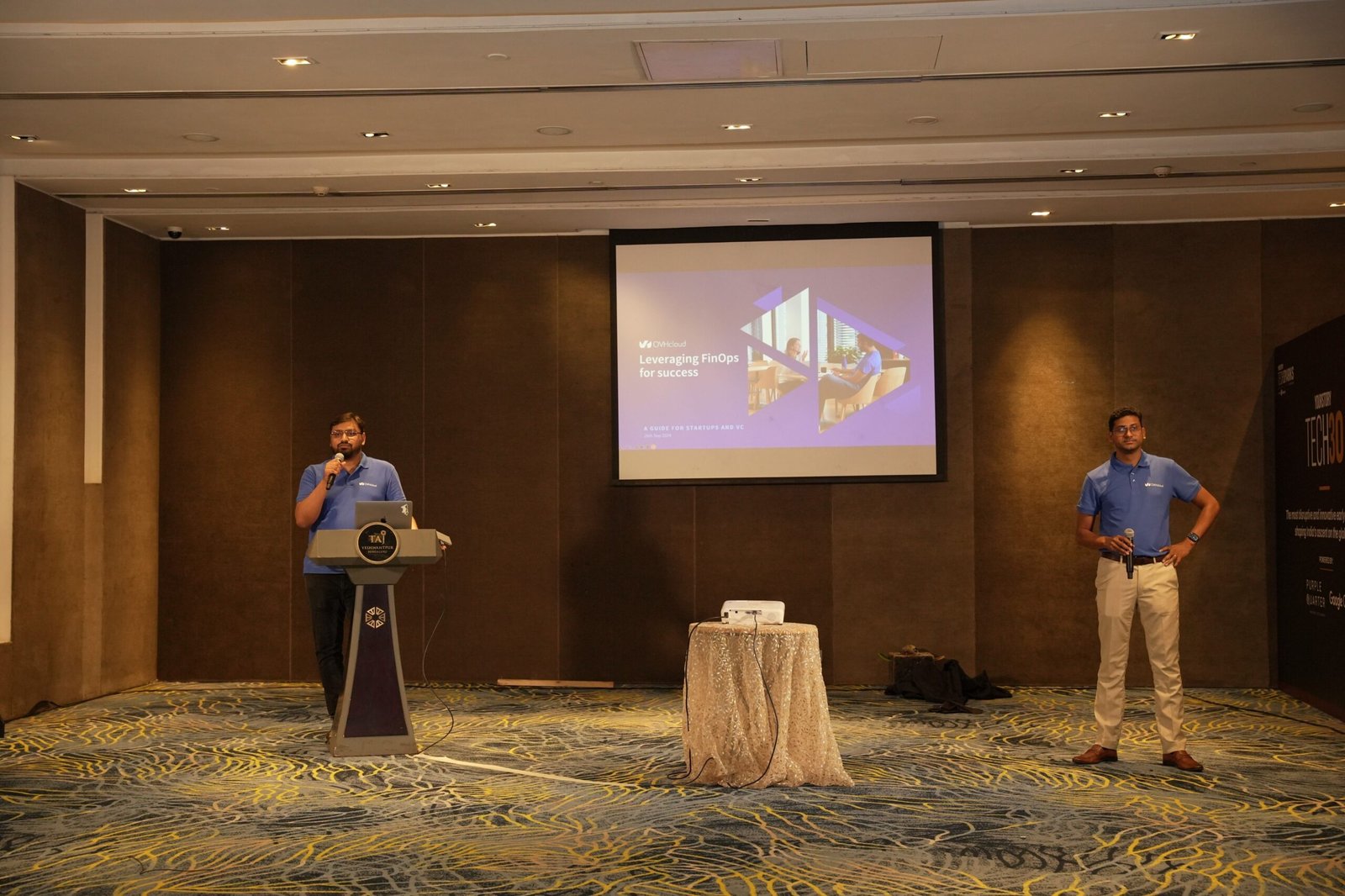Startup
IPO-bound CIEL HR acquires Thomas Assessment, People Metrics to expand talent assessment portfolio

Human resources and staffing solutions firm CIEL HR Group has acquired Mumbai-based firms Thomas Assessment Private Limited and People Metrics Private Limited, which specialise in talent assessment.
These acquisitions enhance CIEL HR’s capabilities in the Indian talent assessment and development market while broadening its presence across the SAARC region, strengthening its geographic reach and service portfolio.
Thomas Assessment, backed by 43 years of global expertise, specialises in psychometric tools for behavioural, cognitive, personality, and emotional intelligence assessments, while People Metrics provides comprehensive assessment solutions.
“This (Thomas Assessment) is one important strategic acquisition which strengthens our presence in the assessment and development sector of the HR value chain. We also strengthen our talent assessment and development solutions and gain entry into the SAARC region, with Thomas,” said K Pandiarajan, Executive Chairperson and Director of CIEL Group, during a media briefing.
The Bengaluru-based firm has acquired a 51% stake in Thomas Assessment through an undisclosed cash and share swap deal, with plans to fully acquire the HR services company over the next 18 months, according to Pandiarajan.
“Since our inception, we have focused on elevating the standards of talent assessment and organisation development in India. I am excited to see us become a part of the CIEL HR Group taking our product suite to the large clientele of CIEL HR Group and unleashing our synergies,” said Sundara Rajan, Founder and Director of Thomas Assessments and People Metrics.
These two acquisitions follow the Bengaluru-based company’s purchase of another Mumbai-based upskilling startup Courseplay for $2 million in a mix of cash and share swap.
Before these acquisitions, the firm had bought Chennai-based IT staffing company Aargee Staffing Services in December 2023 and talent assessment company Jombay in December 2022.
CIEL HR Group, which is gearing up for an initial public offering (IPO) in the fourth quarter of the current fiscal year, is backed by prominent investors such as Sridhar Vembu of Zoho, CK Ranganathan of CavinKare, and NS Rajan, the former group Chief Human Resources Officer of Tata Group
The Bengaluru-based company clocked a consolidated revenue from operations of Rs 1,085 crore for FY24, up 36% from Rs 799 crore in the previous fiscal year. Additionally, its profit after tax for FY24 amounted to Rs 10.8 crore.
“We have been growing at around 40% over last year as of the six months of this past year. We are well on our way to meeting our commitments to the shareholders,” remarked Pandiarajan.
CIEL HR Group offers a comprehensive range of technology-driven human resources solutions that span the entire employee lifecycle, influencing all aspects of HR management. As of June 30, 2024, the company operates from 92 offices across 43 locations and has served 3,958 clients across various sectors.
Startup
RBI bans DMI Finance, Navi Finserv among 4 NBFCs from lending over regulatory violations

Reserve Bank of India (RBI) has issued a cease and desist order to several NBFCs, including and Navi Finserv, due to supervisory concerns related to their pricing policies.
Kolkata-based Arohan Financial Services Limited and Chennai-based Asirvad Micro Finance Limited have also been asked to stop lending.
The RBI found that these companies were charging excessive interest rates and failed to adhere to regulatory guidelines, leading to restrictions on loan disbursals starting from October 21, 2024.
These companies also breached the Fair Practices Code, with further violations in household income assessment, loan repayment capacity, and asset classification. These were highlighted through both onsite inspections and offsite data analysis, the RBI said in a circular.
“Navi Finserv is currently reviewing the circular received from the RBI and is committed to addressing all concerns raised by the regulator promptly and effectively, prioritising what’s right for our customers. The company remains dedicated to maintaining the highest standards of compliance, transparency, and customer care in its operations,” a Navi Finserv spokesperson said.
The RBI is attempting to educate its regulated entities about the responsible use of their regulatory freedoms, including maintaining fair and reasonable pricing.
DMI Finance had recently acquired the troubled buy now pay later startup and has been under scrutiny for its pricing practices. Navi Finserv, on the other hand, recently completed a $24.5-million personal loan securitisation transaction with Goldman Sachs (India) Finance.
Last week, during the Monetary Policy Committee (MPC) meeting, RBI Governor Shaktikanta Das emphasised concerns about the aggressive growth strategies of some NBFCs and the potential risks they pose to financial stability.
He highlighted that while the overall health of the NBFC sector remains strong, certain outliers are pursuing unsustainable practices, such as high interest rates, excessive processing fees, and target-driven growth without sufficient risk management.
This has been particularly evident in microfinance loans, credit card debt, and unsecured consumption loans he said.
This move is part of the RBI’s broader strategy to ensure that NBFCs and MFIs operate within a framework that protects consumers, especially in the context of small-value loans. The RBI has been actively working to mitigate issues related to unfair lending practices in the microfinance sector, particularly in light of the recent trends observed during its regulatory reviews.
(The copy was updated with Navi’s response.)
Startup
Simplismart bags $7M in Series A funding round led by Accel

has secured $7 million in Series A funding round led by , with participation from Shastra VC, Titan Capital, and high-profile angels, including Akshay Kothari, Co-founder of Notion.
The new capital will be used to fuel the company’s R&D and growth for their enterprise-focused MLOps orchestration platform.
“Building generative AI applications is a core need for enterprises today. However, the adoption of generative AI is far behind the rate of new developments. It’s because enterprises struggle with four bottlenecks: lack of standardised workflows, high costs leading to poor ROI, data privacy, and the need to control and customise the system to avoid downtime and limits from other services,” said Amritanshu Jain, Co-founder and CEO, Simplismart.
Founded by Amritanshu Jain and Devansh Ghatak in 2022, Simplismart is a cloud-based MLOps workflow orchestration platform that helps organisations fine-tune, deploy, and observe models at scale.
In the span of two years and with less than $1 million in initial funding, Simplismart claims to have outperformed public benchmarks by developing the world’s fastest inference engine. This engine enables organisations to execute machine learning models at speed, enhancing performance while reducing costs.
“As GenAI undergoes its Cambrian explosion moment, developers are starting to realise that customising & deploying open-source models on their infrastructure carries significant merit; it unlocks control over performance, costs, customizability over proprietary data, flexibility in the backend stack, and high levels of privacy/security. Not only did Simplismart identify this opportunity early, but with a small team, they have already begun serving some of India’s fastest-growing AI-powered companies in production,” said Anand Daniel, Partner at Accel.
For instance, its software-based optimisations allow ‘s AI model Llama3.1 (8B) to operate at a rate of over 440 tokens per second.
Unlike many competitors who prioritise hardware enhancements or cloud solutions, Simplismart has achieved this improvement through a MLOps platform designed specifically for on-premises enterprise environments and agnostic towards choice of model and cloud platform.
Startup
Mastering Cloud Costs: FinOps Strategies for Startup Growth

At TechSparks 2024 in Bengaluru, a masterclass on ‘Leveraging FinOps for Success: A Guide for Startups and VCs’ shed light on a crucial yet often overlooked aspect of startup operations. Led by Satyam Santosh, Startup Program Lead – APAC at OVHcloud, and DVS Shiv Kumar, Solutions Architect at OVHcloud, the session provided invaluable insights into managing cloud costs effectively.
The importance of FinOps for startups cannot be overstated. As Santosh pointed out, “Startups really need to understand, especially early-stage startups when you have a dearth of money in your bank account. You need to look at cloud costs and understand how you should be able to control the costs that you’re incurring on your infrastructure.”
The masterclass began with a startling revelation: companies often overspend on their cloud budgets by 26%. This statistic underscores the critical need for startups to adopt FinOps strategies from the outset. FinOps, or Financial Operations, involves understanding and optimising cloud costs to ensure financial efficiency and accountability.
Kumar explained the core of FinOps: “The first step in FinOps is to identify and understand all cloud costs and services being consumed. Are these services that I am consuming really needed for my application, or can I optimise it further?”
Common pitfalls for startups
Both Santosh and Kumar highlighted several key pitfalls that startups often encounter:
- Hidden Costs: While direct costs like subscription fees and implementation are obvious, hidden costs such as bandwidth, data transfer, and vendor lock-in can significantly impact a startup’s budget.
- Data Transfer Costs: These can escalate quickly, especially for startups dealing with large amounts of data. The speakers recommended using tools like Cloud Easier to estimate these costs before deployment.
- Storage Costs: With the increasing amount of data being stored, any operation performed on this data can significantly affect cloud costs. Tools were suggested to help startups estimate and optimise storage costs.
- Vendor Lock-in: This was emphasised as a major concern. Santosh shared a cautionary tale: “We have a fantastic example from one of our startups from the France ecosystem. It was an edtech company… It actually lost the deal with the French government because the kind of code and architecture it had was so deeply ingrained in the cloud service provider it was using.”
Strategies for success
To avoid these pitfalls, the masterclass offered several key strategies. First, startups should integrate FinOps responsibilities into existing teams rather than creating a separate department, ensuring a more holistic approach to cost management. Simultaneously, creating a culture of cost awareness is crucial, with employees trained to be accountable for the services they use.
The speakers emphasised the importance of adopting cost optimisation tools like Cloud Easier, Cloud Mercato, and Harley to compare providers and optimise costs effectively. They also stressed the need to optimise cloud usage by right-sizing instances and leveraging reserved instances to mitigate high computing costs.
Finally, implementing chargeback processes to map cloud bills to different departments was recommended to ensure financial accountability across the organisation.
Leveraging cloud provider benefits
The speakers also emphasised the importance of avoiding over-reliance on managed services and adopting open standards to maintain flexibility and avoid vendor lock-in.
Interestingly, the masterclass highlighted how some cloud providers, like OVHcloud, offer free bandwidth, which can significantly reduce monthly costs. “There are very few cloud services in the market that actually give you totally free bandwidth,” Santosh noted, emphasising how this can lead to more predictable monthly bills.
The session concluded with advice for startups to leverage the benefits available through cloud service provider startup programs. These programs often provide credits, technical support, and even access to funding opportunities, which can be crucial for early-stage startups managing cloud costs.
In an era where cloud services are integral to most startups, mastering FinOps is no longer optional—it’s a necessity. As this masterclass at TechSparks 2024 demonstrated, understanding and implementing FinOps strategies can be the difference between a startup that struggles with unexpected costs and one that scales efficiently and attracts investment. For founders and VCs alike, the message is clear: FinOps is a critical component of startup success in the cloud-first world.
Watch the full video here.
-

 Startup Stories1 year ago
Startup Stories1 year agoWhy Millennials, GenZs Are Riding The Investment Tech Wave In India
-

 Startup Stories1 year ago
Startup Stories1 year agoStartups That Caught Our Eyes In September 2023
-

 Startup Stories1 year ago
Startup Stories1 year agoHow Raaho Is Using Tech To Transform India’s Fragmented Commercial Trucking
-

 Startup Stories11 months ago
Startup Stories11 months agoMeet The 10 Indian Startup Gems In The Indian Jewellery Industry’s Crown
-

 Crptocurrency8 months ago
Crptocurrency8 months agoLither is Making Crypto Safe, Fun, and Profitable for Everyone!
-

 Startup Stories1 year ago
Startup Stories1 year agoHow Volt Money Is Unlocking The Value Of Mutual Funds With Secured Lending
-

 E-commerce1 year ago
E-commerce1 year agoTop Online Couponing Trends To Watch Out For In 2016
-

 Startup Stories1 year ago
Startup Stories1 year agoWhy Moscow-Based Kladana Considers Indian SME Sector As The Next Big Market For Cloud Computing




